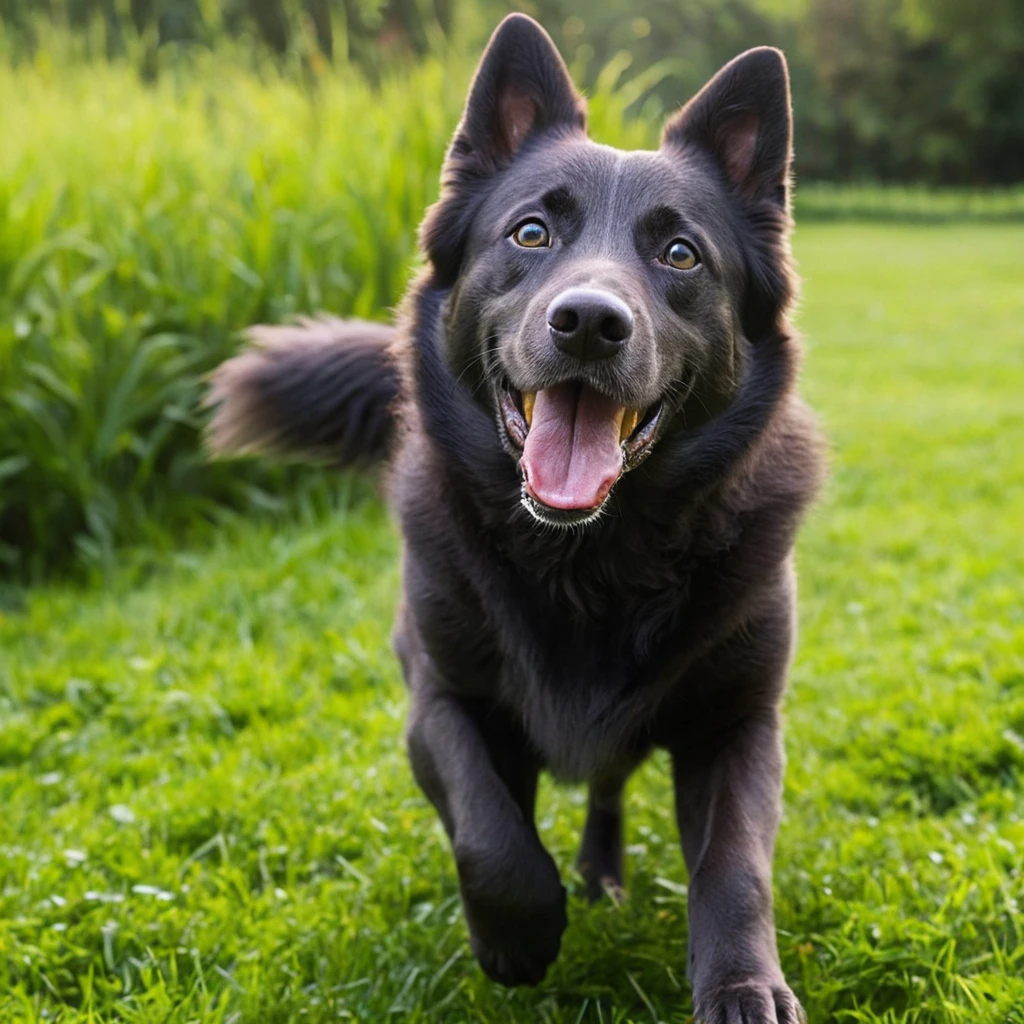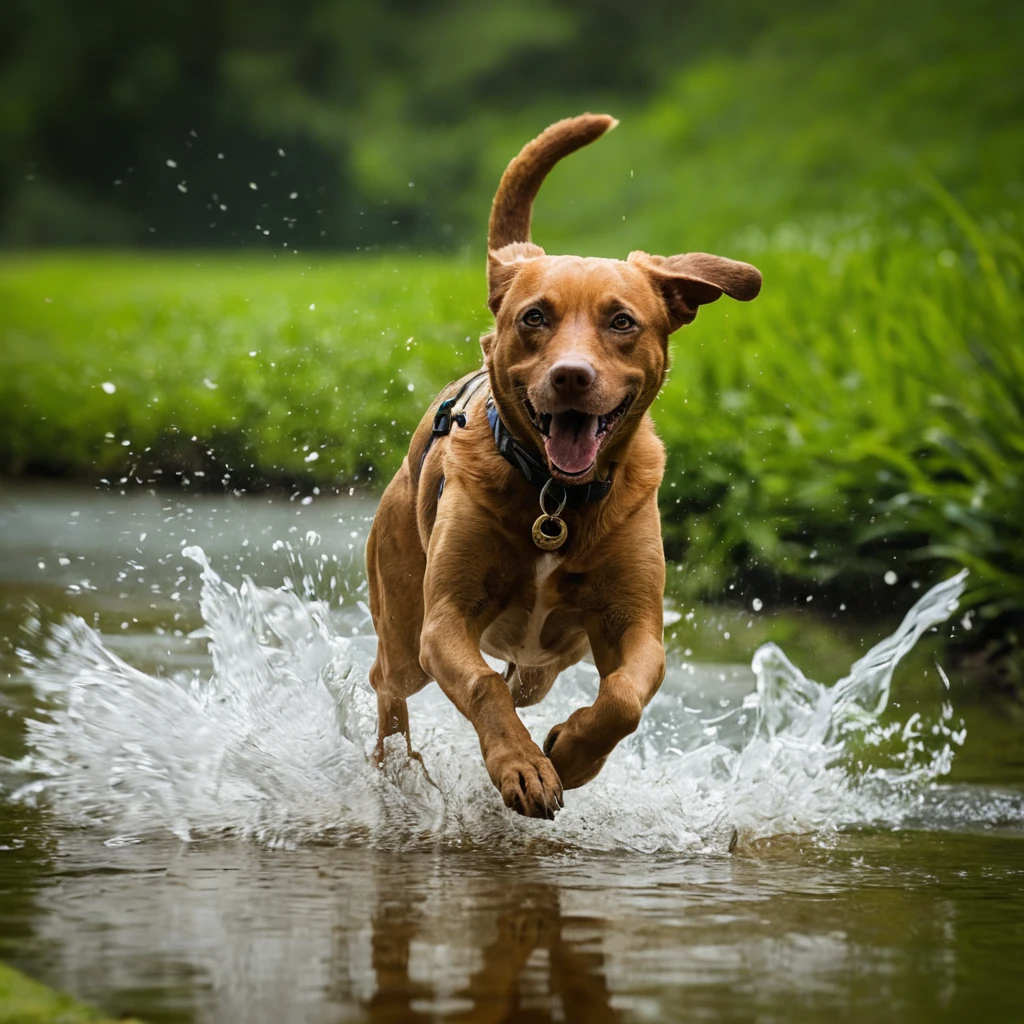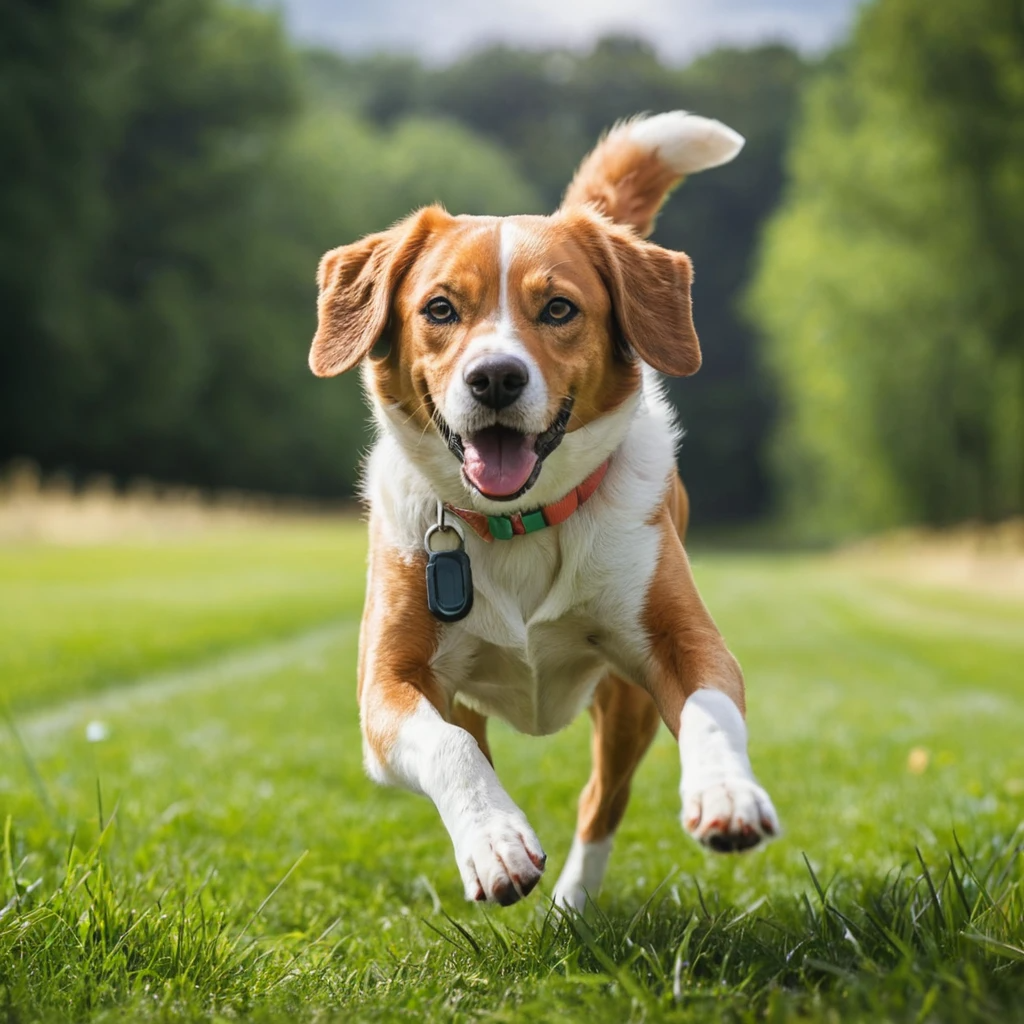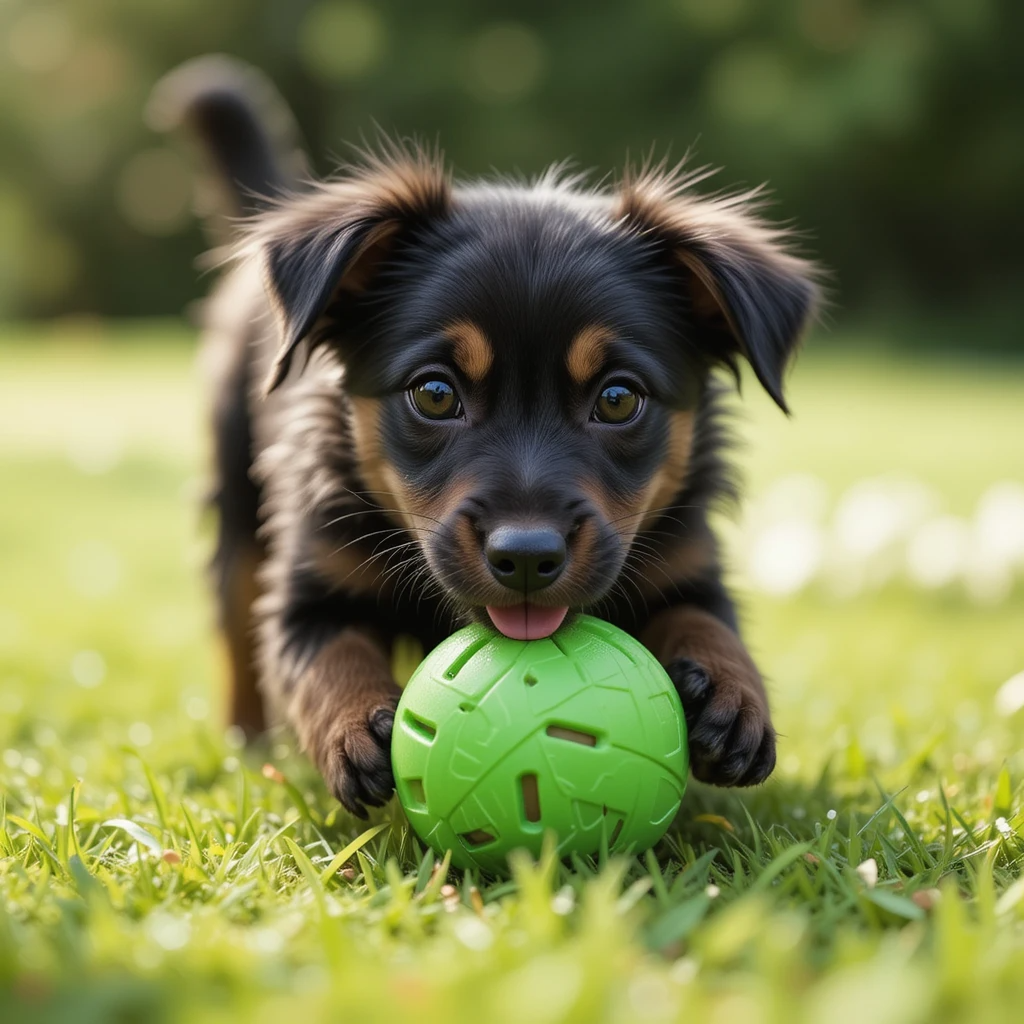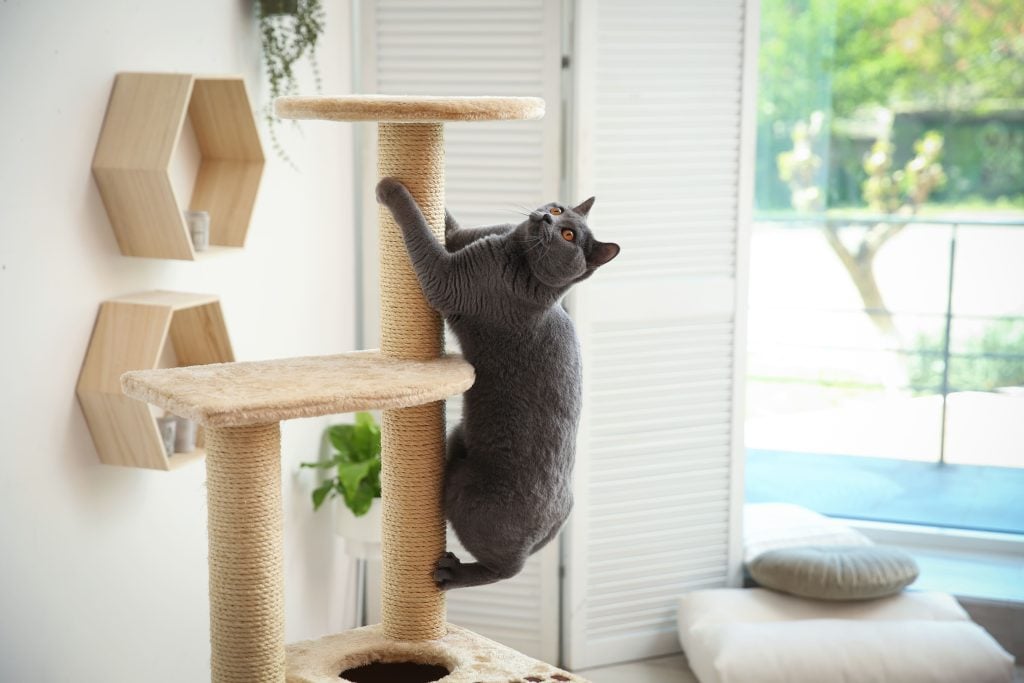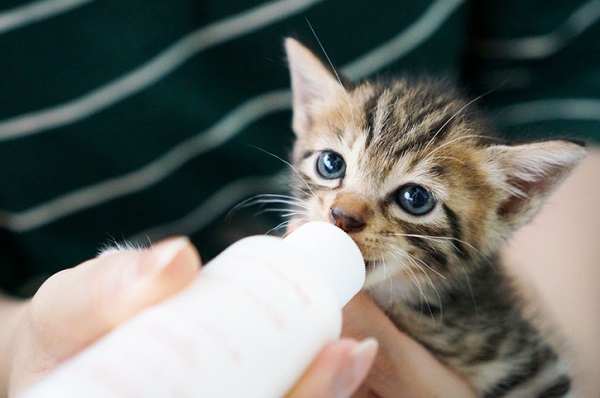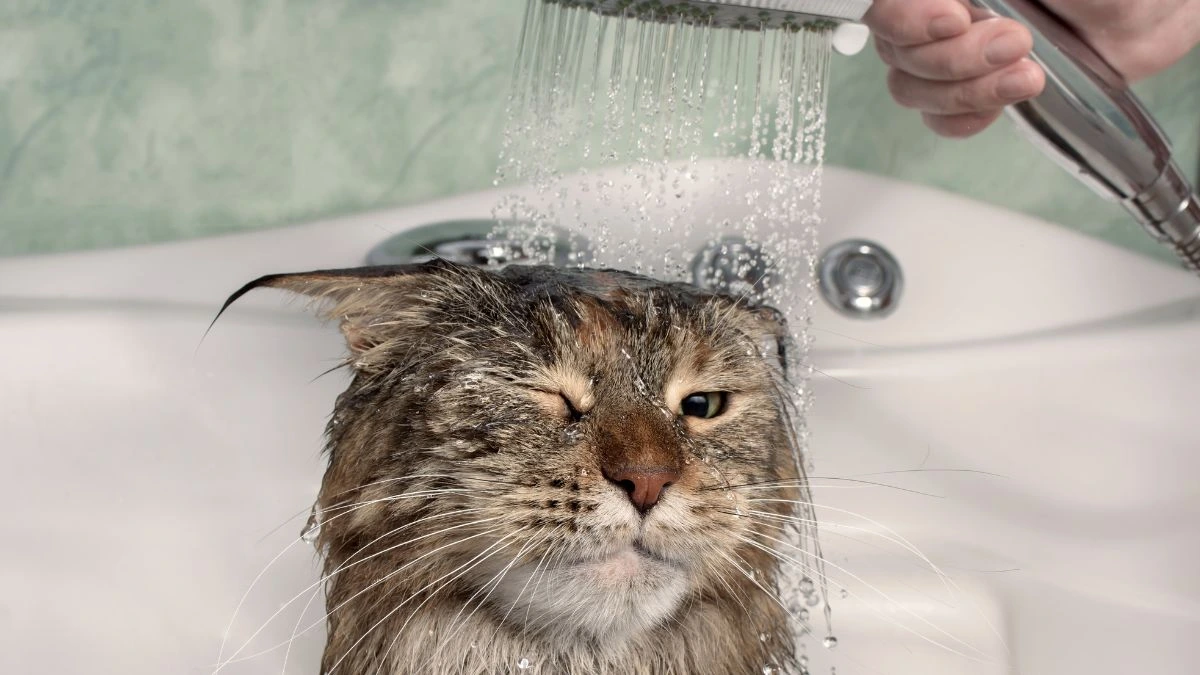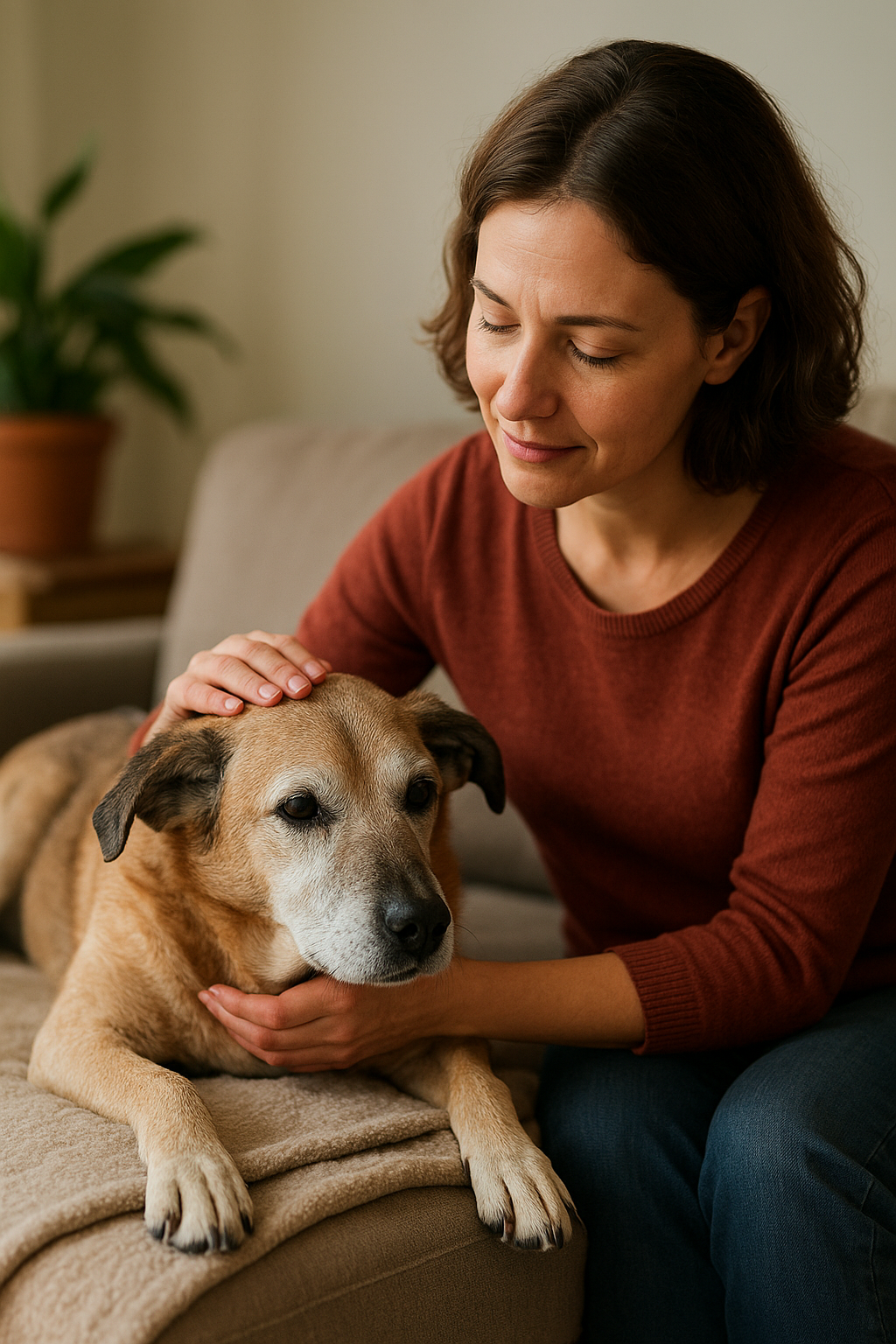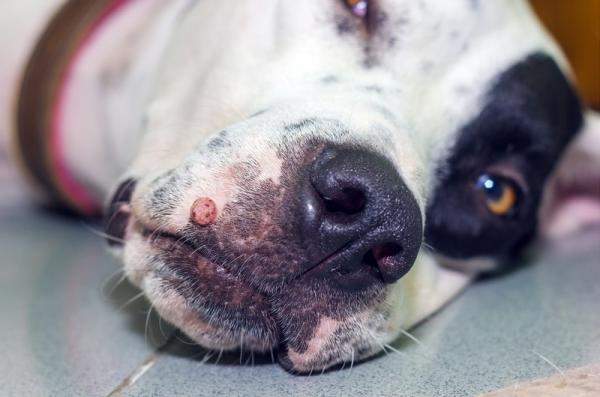🐶 Jogos e Atividades Divertidas para Cães de Todas as Raças e Tamanhos
Cães são naturalmente brincalhões. Seja um pequeno Chihuahua ou um grande Pastor Alemão, incluir jogos e atividades na rotina diária é essencial para a saúde mental e física. Brincar ajuda a reduzir o estresse, fortalece o vínculo com você e previne tédio e comportamentos destrutivos.
Neste artigo, você encontrará uma variedade de jogos e exercícios adequados para cães de todos os tamanhos e personalidades. Independentemente da idade ou raça, há muitas formas de manter o rabo do seu cão sempre abanando.
Por que a Brincadeira é Importante para Cães
Brincar não é apenas diversão — é parte essencial do bem-estar do seu cão:
- Exercício físico: Mantém o peso saudável e fortalece músculos
- Estimulação mental: Jogos desafiam o cérebro e evitam o tédio
- Vínculo social: Fortalece a relação com você
- Controle comportamental: Cães cansados tendem a se comportar melhor
Jogos Clássicos
1. Buscar (Fetch)
- Ideal para cães energéticos como Retrievers, Collies ou Terriers
- Use bola de tênis, frisbee ou brinquedo macio
- Comece em áreas cercadas ou parques seguros
- Distâncias curtas para cães pequenos; longas para grandes raças
- Para cães idosos ou com problemas nas articulações, prefira brinquedos macios
Dica: Use lançadores de bola para cães com muita energia.
2. Cabo de Guerra (Tug-of-War)
- Ideal para cães que gostam de usar a mandíbula
- Use cordas resistentes ou brinquedos específicos
- Ensine o comando “solta” para manter o controle
- Mantenha sessões curtas para evitar exageros
- Segurança: Evite para cães agressivos ou com problemas dentários
3. Esconde-Esconde
- Perfeito para todas as raças, especialmente cães com bom faro
- Peça para o cão ficar parado e se esconda na casa
- Chame pelo nome e recompense quando ele te encontrar
- Variante: Esconda petiscos ou brinquedos para ele farejar
4. Brinquedos Interativos e Jogos de Petiscos
- Perfeito para raças inteligentes como Poodles ou Border Collies
- Use brinquedos comprados ou DIY (petiscos sob copos)
- Comece fácil e aumente a dificuldade gradualmente
- Ideal para dias chuvosos ou estimulação calma dentro de casa
5. Circuito de Agilidade
- Ideal para cães ativos e coordenados
- Use cones, túneis ou bambolês no quintal ou parque
- Guie com petiscos e comandos de voz
- Sessões sem pressão e divertidas
- Cães pequenos: obstáculos baixos
- Cães grandes: estruturas largas e estáveis para segurança
6. Flirt Pole
- Ideal para cães com alta presa (Terriers, Pastores)
- Um bastão longo com corda e brinquedo na ponta
- Mova o brinquedo para o cão perseguir
- Exercício intenso em curtos períodos
- Cuidado: Não indicado para filhotes menores de 1 ano ou cães com problemas nas articulações
7. Jogos na Água
- Ideal para raças que gostam de água como Labradores
- Use sprinklers, piscinas para cães ou áreas rasas seguras
- Brinque de buscar com brinquedos flutuantes
- Sempre supervisione e use colete salva-vidas em águas profundas
- Seque bem o cão após o banho para evitar problemas de pele
8. Treino de Obediência e Truques
- Ideal para todos os cães
- Ensine truques como “dar a pata”, “rolar” ou “girar”
- Sessões curtas (5–10 min) com muitas recompensas
- Combinar truques com movimento adiciona exercício físico
- Estimula mentalmente e melhora foco
9. Jogos de Farol (Nose Work)
- Ideal para raças com olfato apurado
- Esconda petiscos ou brinquedos pela casa
- Comece em locais visíveis, depois aumente a dificuldade
- Ajuda a acalmar cães ansiosos
10. Brincadeiras Sociais com Outros Cães
- Ideal para cães bem socializados
- Organize encontros com cães amigáveis
- Prefira parques seguros e monitorados
- Observe sinais de estresse e faça pausas
- Cães pequenos: prefira outros cães pequenos ou grandes gentis
- Cães grandes: mais espaço e supervisão
Adaptando Jogos para Filhotes e Cães Idosos
Filhotes:
- Sessões curtas (5–10 min)
- Evite jogos intensos que sobrecarreguem articulações
- Prefira buscar leve, brinquedos macios e treinos suaves
Cães idosos:
- Jogos de baixo impacto
- Brinquedos e quebra-cabeças em vez de corridas intensas
- Mantê-los engajados com jogos de faro e atividades internas
Como Criar uma Rotina Diária Divertida
Consistência faz o cão se sentir seguro e satisfeito.
Exemplo de rotina:
- Manhã: caminhada de 15 min + buscar
- Tarde: brinquedo interativo + cochilo
- Noite: treino de obediência + cabo de guerra ou esconde-esconde
Varie os jogos para manter o interesse e prevenir tédio.
Conclusão
Brincar é mais do que diversão — é uma forma de demonstrar amor, fortalecer a confiança e manter seu cão saudável. Seja dentro de casa em um dia chuvoso ou no parque, há sempre uma forma de transformar o tempo com seu cão em momentos alegres.
Independente da raça, idade ou personalidade, sempre existe uma atividade perfeita. Experimente novos jogos, explore juntos e veja seu vínculo crescer a cada dia. 🐕💛


